The National Feral Pig Action Plan
Previous slide
Next slide
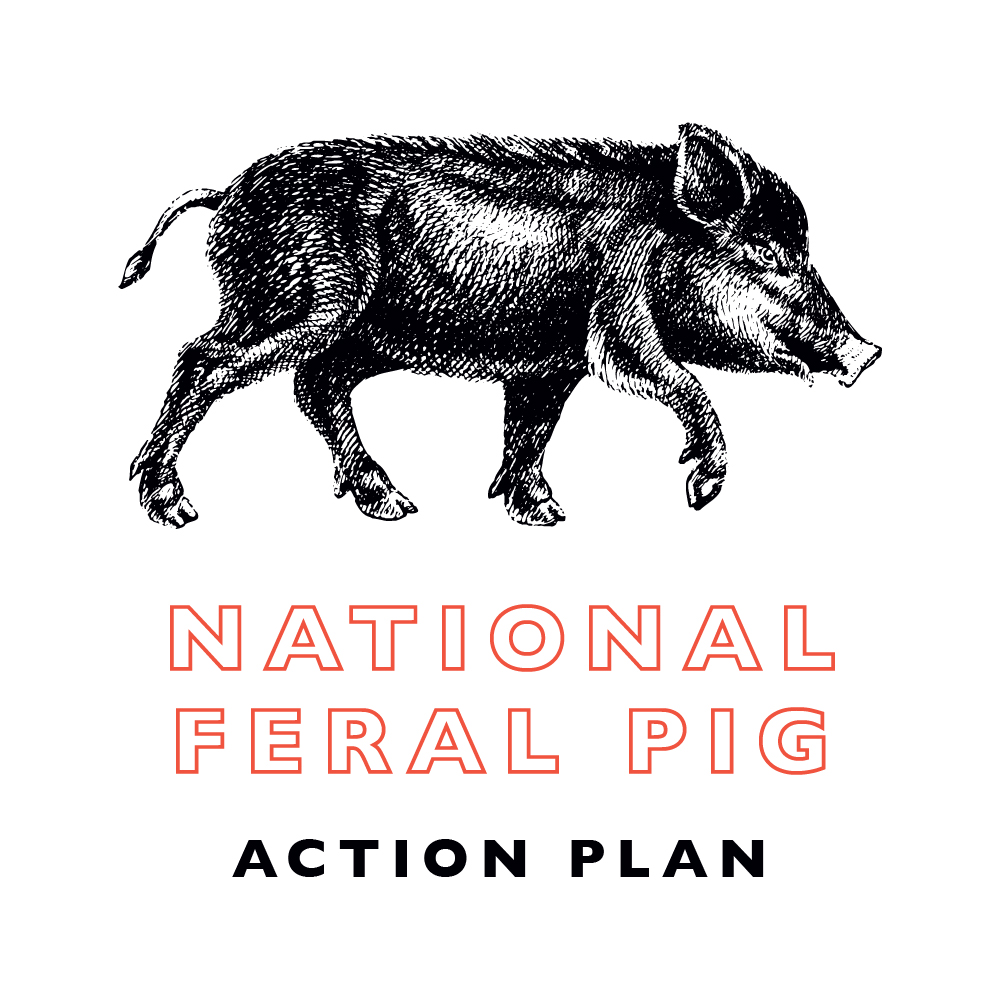
The Commonwealth, State and Territory Governments, together with the agriculture sector, environmental bodies and local communities, are committed to reducing the impacts of feral pigs in Australia.
In December 2019, the Australian Government provided funding to Australian Pork Limited (APL) to establish a National Feral Pig Management Coordinator to facilitate the delivery of feral pig management approaches on a national, regional and local scale, undertake stakeholder engagement, drive effective investment and raise awareness of feral pig issues. This work will help to ensure that the most effective feral pig control methods are understood and used, strengthening the on-ground work carried out by state and territory governments and landholders.
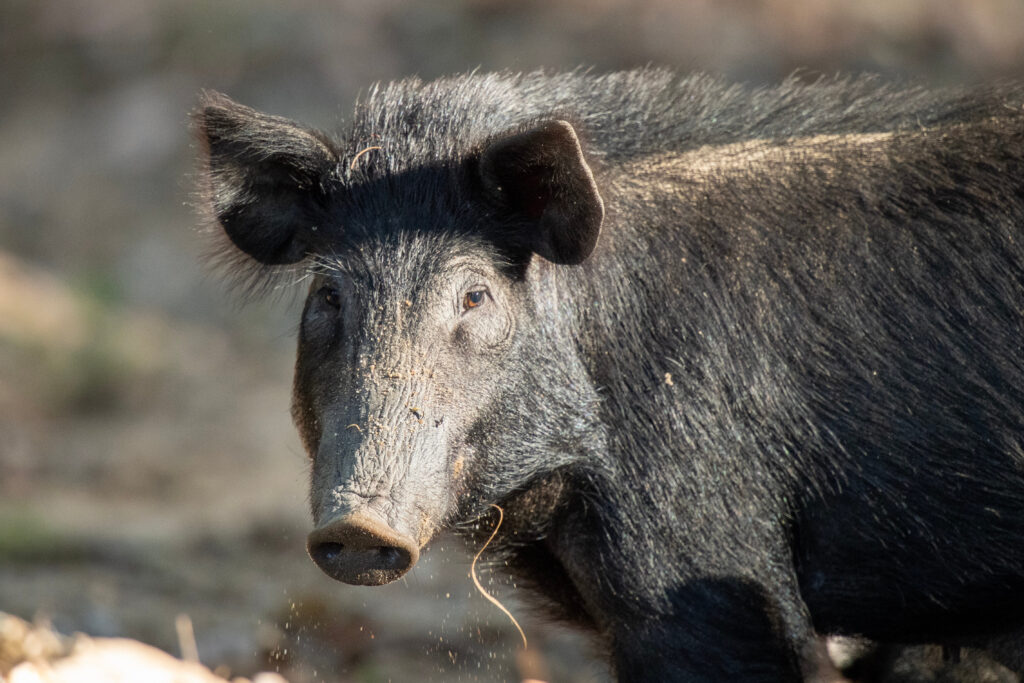
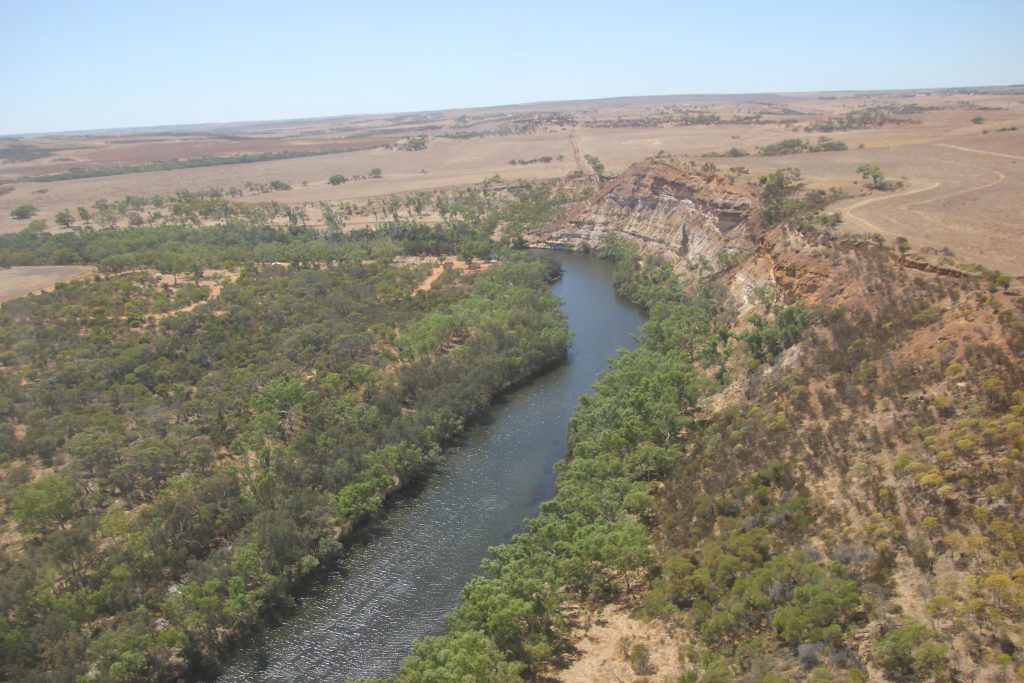
A key action of the National Feral Pig Action Plan is to establish and support demonstration sites. Through this page we will share learnings and results from their management programs with others while they trial different management tools and develop performance measures to better monitor outcomes of management actions on targeted assets. To read more about our first 6 demonstration sites.
Want to know more? Check out our infographics, fact sheets and monthly newsletters.
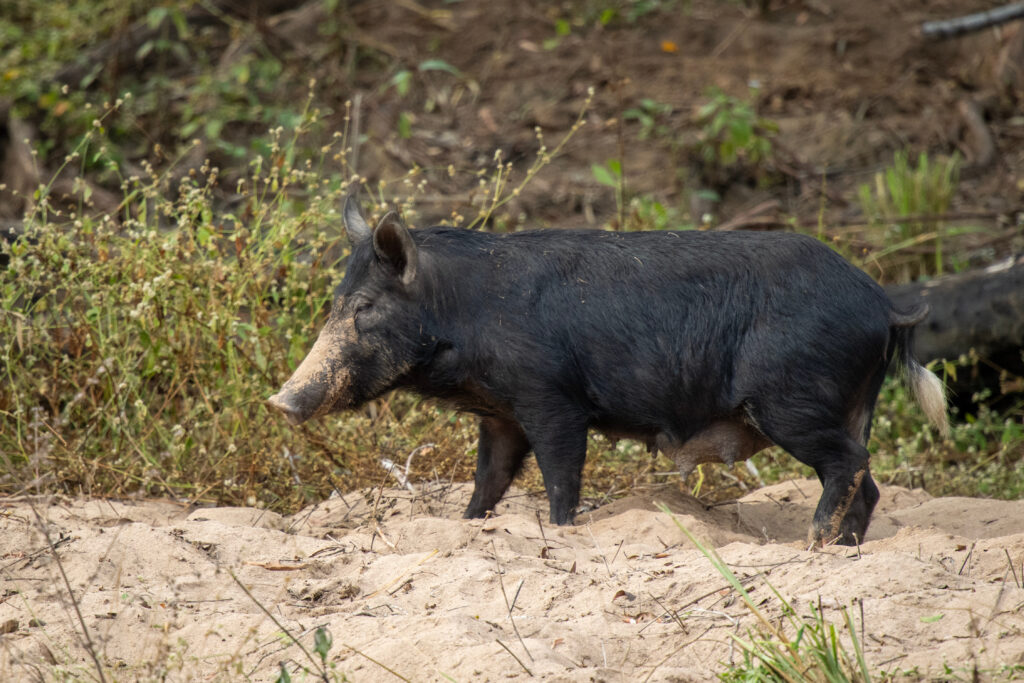
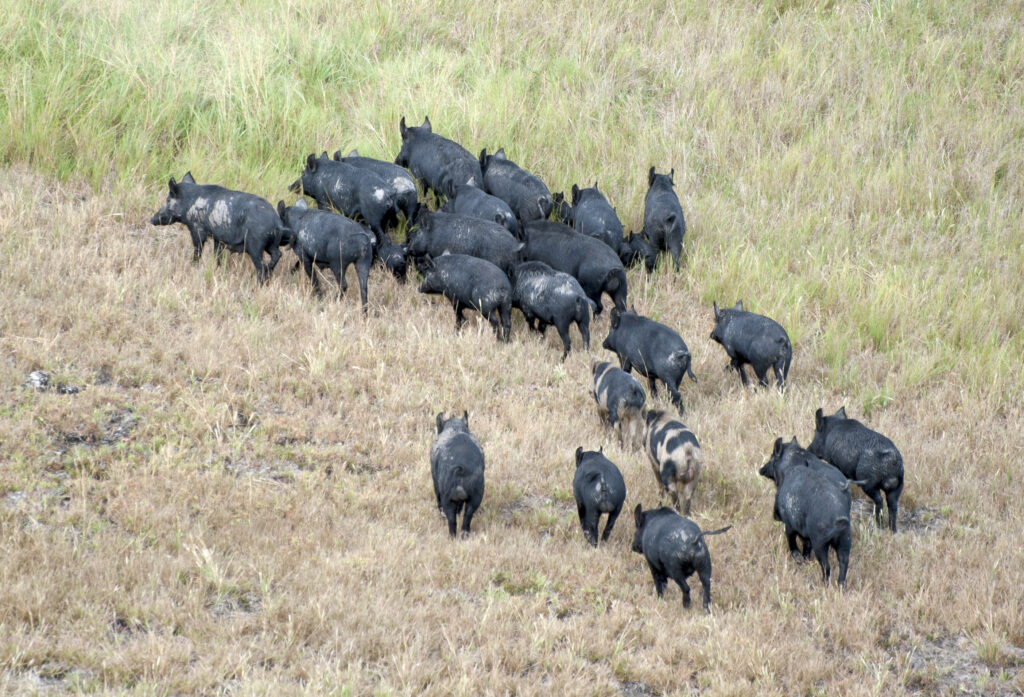
The National Feral Pig Action Plan is being collaboratively driven by a wide range of stakeholders, including primary producers, indigenous communities, governments, conservation managers, and research, development and extension specialists.
In the spirit of reconciliation, the National Feral Pig Action Plan acknowledges the Traditional Custodians of Country throughout Australia and their connections to land, sea and community. We pay our respect to their elders past and present and extend that respect to all Aboriginal and Torres Strait Islander peoples today.